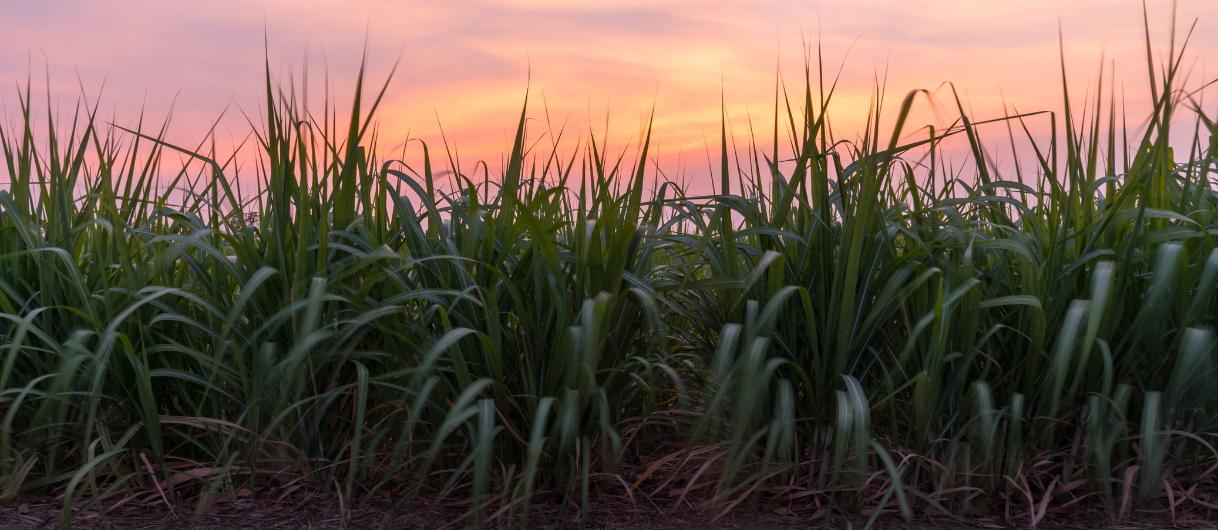Florida sugar barons defiant in wake of import ban, forced labor allegations
Florida sugar barons defiant in wake of import ban, forced labor allegations

When the U.S. government last week banned sugar imports from a top Dominican producer owned in part by the Florida-based Fanjul brothers, the company could have shown a little contrition.
After all, an investigation by the U.S. Customs and Border Protection’s Office of Trade identified five indicators of forced labor at the Central Romana Corp.’s Caribbean plantation: abuse of vulnerability, isolation, withholding of wages, abusive working conditions and excessive overtime.
The findings seemed to confirm what critics, investigative journalists and even members of Congress had long been saying about the “slave-like” conditions in the Dominican cane fields.
In its English-language press release, Central Romana “disagreed vehemently” with the decision, even as the company promised to work with the U.S. government to resolve the issues.
But the company’s Spanish-language press release took a more defiant tone. “We hold our heads high because we know that for more than a century we have acted correctly,” it reads.
That’s what you call sugar-coating reality.
And federal officials can’t let the sugar barons get away with it.
In 2021 Central Romana reportedly exported more than 240 million pounds of sugar, much of it sold under the Domino Sugar label. Florida businessmen and brothers Alfonso “Alfy” and Jose “Pepe” Fanjul led a team of investors which purchased Central Romana in 1984.
The Fanjul Corp. also has major interests in Florida Crystals, based in West Palm Beach, and C&H Sugar.
The Fanjuls are big political players, due in large part to their prolific political donations and an overly generous sugar program in the U.S. Farm Bill which rewards companies including Florida Crystals with price supports and import quotas. This keeps the price of American sugar high — and keeps the sugar barons in clover.
But so too does the quarter-million acres Central Romana owns in the Dominican Republic, where workers — many of them Hatians with no documentation and few protections — are housed in work camps called “bateyes.” Investigative reporters from Mother Jones, The Intercept, Reveal and others have documented squalid conditions, in some cases with no electricity or running water. Workers tell of low pay, intimidation by the company’s armed guards, no pensions and inadequate protective gear, among other deficiencies.
This “state within a state” caught the eye of lawmakers in Washington D.C., and the House Ways and Means Committee asked the Biden Administration to investigate evidence of forced labor by Dominican sugar companies. In July, a U.S. delegation visited the cane fields.
The probe culminated in last week’s ban.
“Manufacturers like Central Romana, who fail to abide by our laws, will face consequences as we root out these inhumane practices from U.S. supply chains,” said AnnMarie R. Highsmith, Executive Assistant Commissioner, CBP Office of Trade.
It’s time to shut down Big Sugar’s sweet deal, curtail the industry’s privileges — and bring it to account for the conditions in the Dominican cane fields and the Glades communities of Florida.


